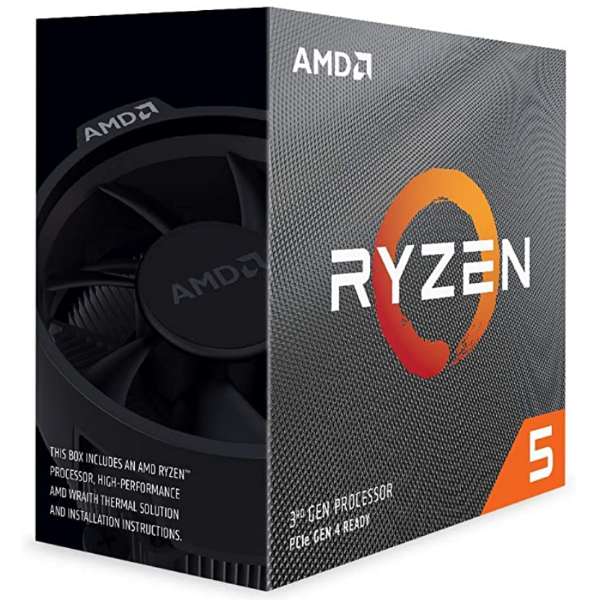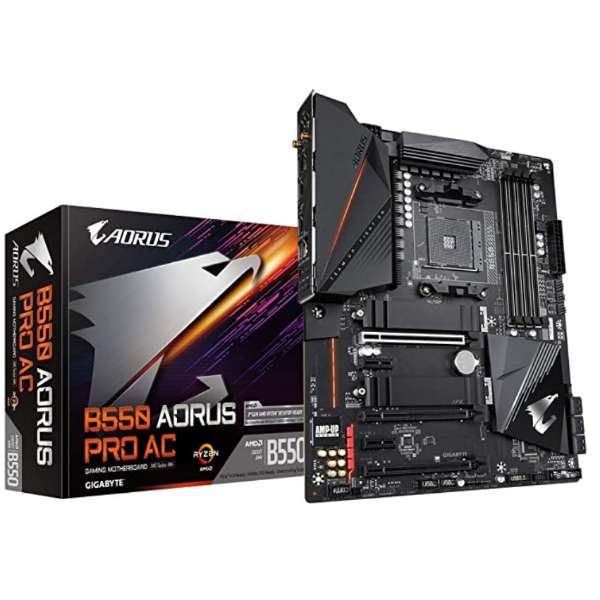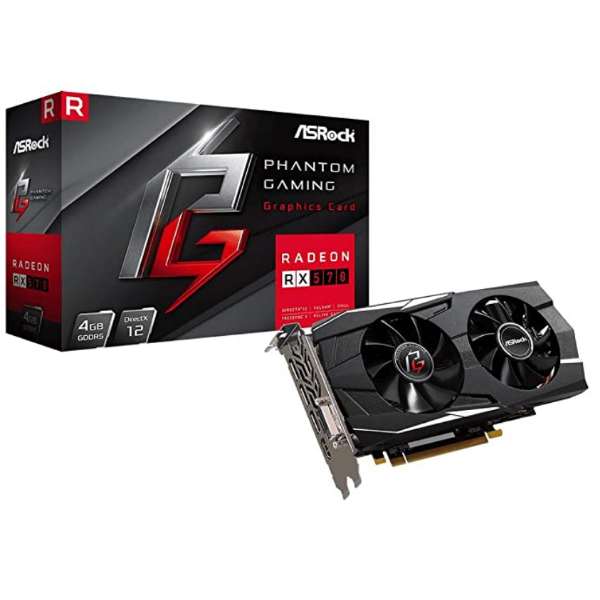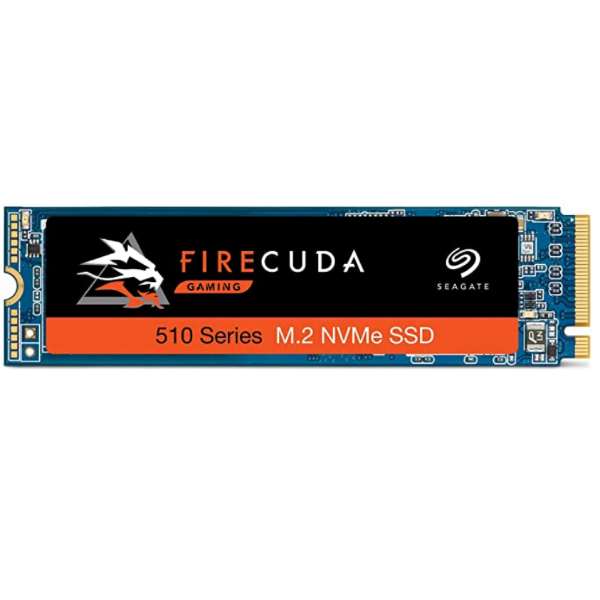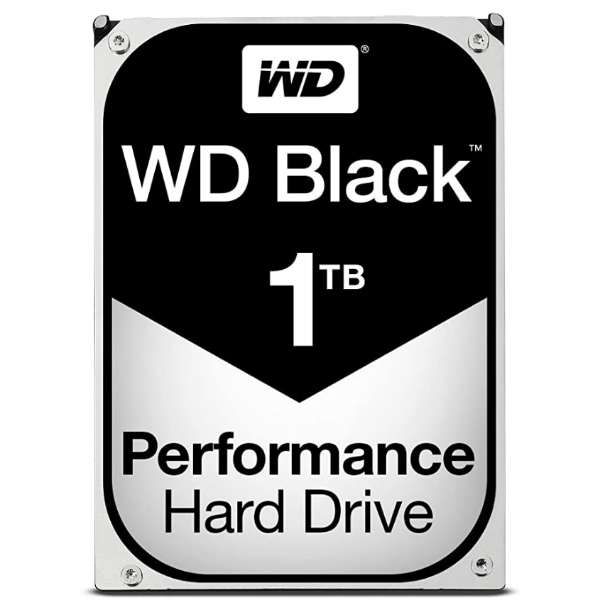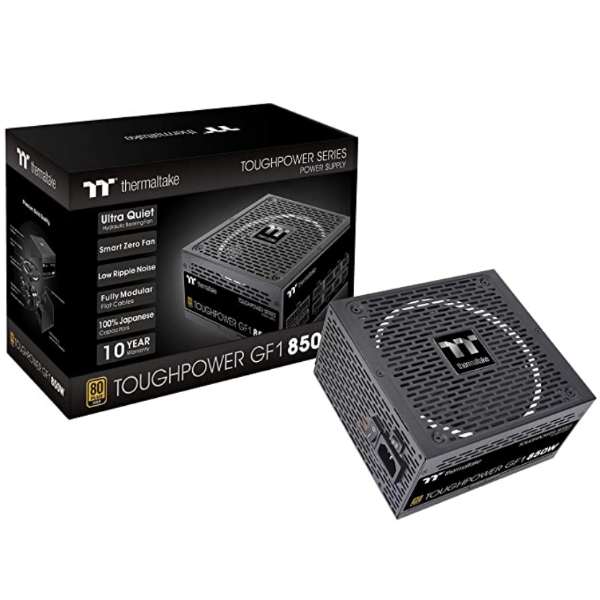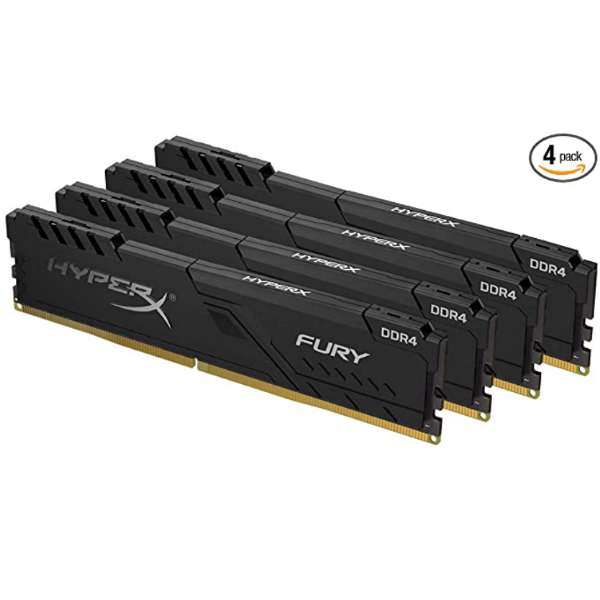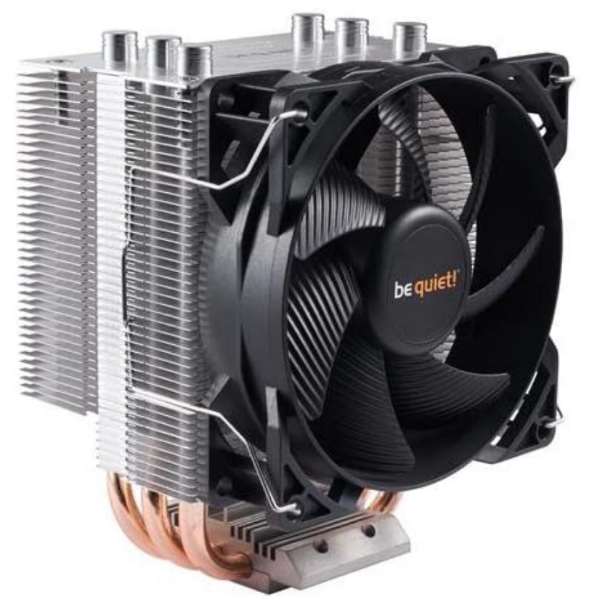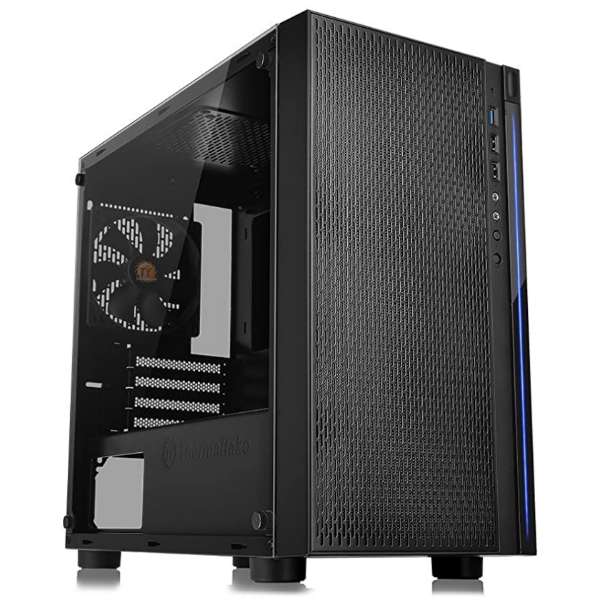Best CPU For VR (Virtual Reality) Gaming
Have you ever thought of building your own best CPU for VR? If not, it’s never too late. In this modern time where speed is everything, you must keep yourself upgraded with the best. As you might already know, to run high-end games on VR specs, you need a computer that produces enormous power that doubles the fun and performance of your gaming. There’s only one component of the computer that can do that - CPU.
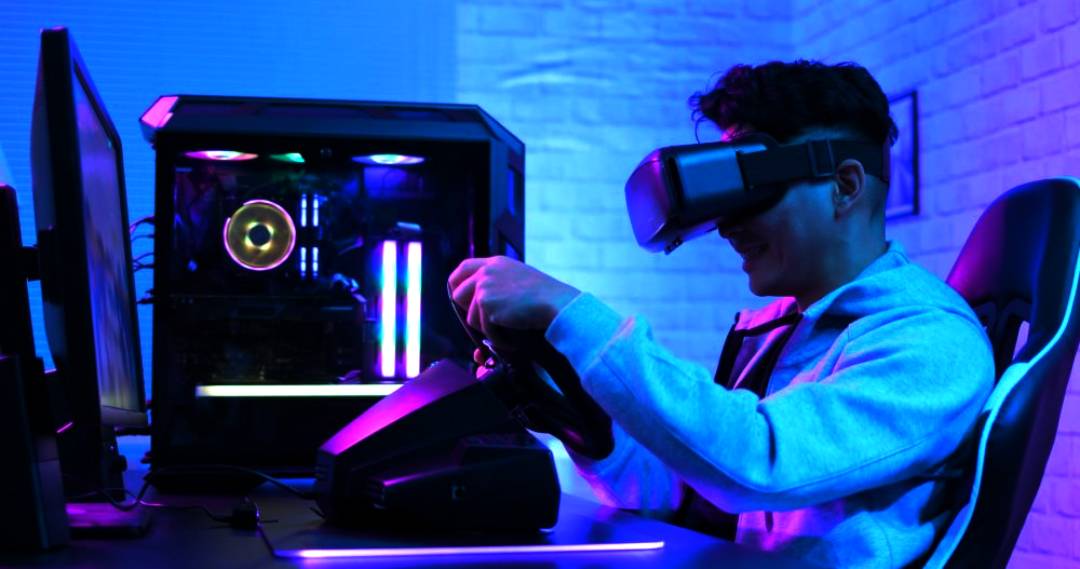
Ever since the launch of VR games and technology, hardware developers and engineers continue to push the boundaries of creating new advancements in this field. If you are one such enthusiast, why not bring that immersive VR experience right into your home by having the best CPU for VR.
This can be done in 2 ways, either by buying a prebuilt CPU or customizing a CPU. I would suggest going for a customized CPU because you would have plenty of options to choose between the components.
In this article, I will suggest some best components that will help you build your dream best CPU for VR.
Cell | AMAZON CHOICE | EXPERT'S CHOICE | BUDGET PICK |
Processor | |||
Motherboard | |||
GPU | |||
SSD | |||
HDD | |||
PSU | |||
DDR4 | |||
CPU Cooler | |||
PU Case |
BEST CPU FOR VR REVIEW
Little Tip
For your convenience, we categorized the products in three category that might help you to find exactly what you are looking for. Select any one of the options below to check out the respective section.
BEST CPU FOR VR - TOP 3 RECOMMENDATIONS
COMPONENT MUST CONSIDER BUYING WHILE BUILDING BEST VR CPU
By now, you must be aware of what gaming on a VR headset demands from a computer. If you fail to give what it demands, you might not be able to enjoy it to the fullest.
So, understand each component’s importance to make the right buying decision. Here, I have listed the most crucial components you need to have beforehand to build your CPU for VR gaming.
GPU (Graphic Processing Unit)
The Graphics Processing Unit is the most important component in gaming. Especially in the case of VR gaming. It is important because it directly influences the computer to keep pace with high resolution and better frame rate.
The HTC Vive and Oculus Rift headsets have dual displays with a 1080 x 1200 resolution that runs on a 90Hz refresh rate which is 5 times higher than the normal monitor’s refresh rate.
Thus, if you have a reliable video card, you can enjoy VR gaming at maximum performance. ASUS ROG Strix GeForce GTX 1080 Ti and RTX 2060 are the two safest entry-level GPUs you can buy for your VR PC.
Drive(HDD and SSD)
Hard drives are great to have in a PC because it stores a great amount of data, but that does not lead to any great performance. Instead, after a while, it will slow down the overall performance of your CPU. The latency will increase, and read and write speed will drop down due to continuous file access, new downloads, updates from HDD.
Therefore, I would recommend buying an SSD instead of an HDD. Because program load from an SSD is much easier and faster than from HDD. You will see noticeable differences in the performance and loading time.
Ideally, VR gaming demands a 1TB+ capacity of the drives. So, you can use multiple drives to store everything like you can store the operating system, programs, and software on the solid-state drive and other files such as videos, games, pictures on the HDDs.
Even in SSD, look for the specification where it shows M2 NVMe. M2 is a type of connector having greater bandwidth, and NVMe utilizes this higher bandwidth to increase write and read speed. Thus, consider buying the best SSD+HDD for your entry-level VR PC build.
PSU (Power Ssupply Unit)
The power supply unit is another important component in your PC building system. The stronger the components are, the higher will be power consumption. Thus, you have to ensure you are buying the best power supply unit. That has an optimal capacity rating, just enough to power your entire system. Ignore this component if you are buying a prebuilt desktop or laptop because you cannot do much about the Power supply it offers.
But, if you are building your CPU, you have the option to choose, and everything is in your hands to control. In the case of VR, the power supply does not affect it directly. But, it will affect you if you make the wrong purchase. As it will not provide enough power to the PSU to run efficiently and ultimately, the performance of the gaming will be hampered. Thus, choose a PSU that satisfies all the component’s power requirements.
In my opinion, Thermaltake Toughpower iRGB Plus 1000W is the best choice because it is moderately priced and has a great power supply capacity.
RAM (Random Access Memory)
Buying a memory card highly depends on the type of motherboard you use. Since here we are emphasizing VR gaming, I would recommend 8GB to 16GB as most of the VR headsets such as HTC Vive Cosmos demand 8GB+ RAM and above.
The only exception is the HTC Vive Pro which requires only 4GB RAM to run. If you are buying a prebuilt CPU, just look at a load of RAM it comes with, so you can plan accordingly. Although RAM does not play the foremost role in real-world gaming performance, I would suggest not to spend more on buying new RAM if your prebuilt desktop already has enough. You can concentrate on upgrading your GPU instead.
CPU Cooling System
This is again the most important component in any gaming system. Due to large power consumption and continuous running of the components, the system gets hot very quickly. To cool them down, you need a strong cooling system such as Noctua NH-D155 and Be QUIET BK008 Pure Rock Slim.
They are top in the market and budget-friendly too. Make a smart purchase when it comes to cooling systems. Read whether all the specifications, such as heat sink, heat pipes, heat base, heat fins, etc., are in the optimal range and amount.
Once you are thorough with the specification, only then can you buy one because you don’t want your system to heat up quickly and ruin your game.
I hope this buying guide turns out helpful for you in making the right buying decision. If you are a professional PC developer, you shouldn’t solely rely on my list of product recommendations.
You can explore more and buy your desired one. But, if you are a beginner, you can undoubtedly try my build recommendations.
FAQ
It is okay not to have a spare HDMI port. You can use a DisplayPort to MiniPort cord and then connect your HTC Vive to the PC.
There are applications and advantages of VR in every field, such as Architect, Sports, Education, Art and Design, the Automobile industry, etc., but currently, it is most trending in gaming.
Since we are considering VR gaming, you must have at least 16GB of RAM. Otherwise, you don’t need such huge RAM for your regular gaming.
Moreover, it depends on your budget too. If you have an open budget, you can also go above 16GB+. But, it is mandatory to have at least 8GB or above of RAM to run most of the games.
Make sure you have plenty of space near your desktop area to place your VR set. Your headset will be connected to the PC so ensure the distance of your sitting area is not much far away from the play area.
No, you don’t need to buy additional fans. But, make sure your existing case has at least 2 intake fans and 2 exhaust fans. Other factors that decide whether you need extra case fans depend on the size of the case, CPU temperature, and the type of cooler you have.
There are plenty of VR headset options, but the selection varies from person to person and their requirements. But, here are the headsets that satisfy all the needs of a VR enthusiast;
CONCLUSION
VR is the new perimeter of future gaming. So, make the best VR experience for yourself by building your VR CPU. And prepare your advanced VR PC that hasn’t hit the market yet. If you are finding it hard to choose the best one among the three, we recommend you to pick the 2nd recommendation, which helps you build a powerful CPU for VR at reasonably priced.


















